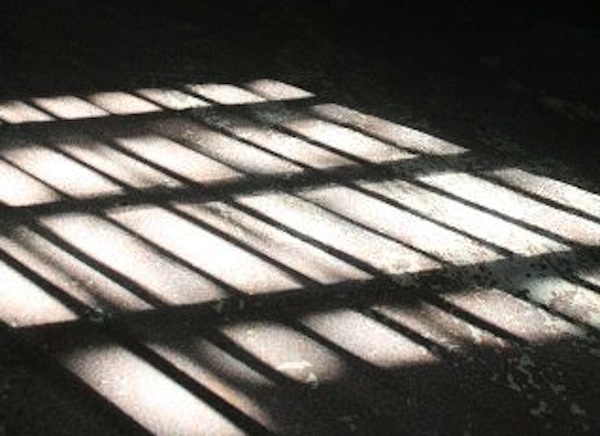Stop treating the mentally ill as ‘criminals’, argued an influential committee of MPs as they called for a change in the law to abolish a ‘scandal’ that saw almost 6,000 people with mental health issues held in police cells last year. ‘The prevalence of people with mental illness within the criminal justice system is a scandal,’ claimed a new report by the Home Affairs Committee.
Currently, police cells are deemed a ‘place of safety’ under the Mental Health Act 1983, and people held under section 136 of this Act can be held in a hospital or police station for up to 72 hours. The report calls for this to change. The number of adults with mental health problems being detained in police cells was ‘far too high’, said Keith Vaz, chairman of the committee. It was unacceptable that the police should be ‘filling the gap’ because the NHS did not have the facilities.
‘Many begin a journey which will eventually end in prison. Street triage has been shown to work effectively but needs clear funding. In addition, transporting mentally ill people to hospital in an ambulance, rather than police car, shows that this is a health problem, not a policing one.’
Keith Vaz, Chairman of the Select Committee
Almost 6,000 adults and 250 children with mental health issues were detained in police cells last year – due to a shortage of space in hospitals. The fact that children were still detained in police cells under section 136 reflected a ‘clear failure’ of commissioning by NHS Clinical Commissioning Group, the report said.
Four out of the 11 people who died in police custody over the past year were identified as having mental health issues, according to the report. Two of these were men held in custody under mental health law, and both had been restrained by handcuffs and leg restraints.
The report came just after official figures (published by The Howard League for Penal Reform) revealed suicides in prison were at the highest that they have been in seven years. Frances Crook of the Howard League described the statistics as heartbreaking. The Policing and Mental Health report showed 45 out of 68 people who committed suicide, just days after being released from custody, had mental health illnesses. These figures increased from last year and this was, according to the MPs, ‘highly alarming.’
‘More investment in good quality mental health care could reduce the number of people who even reach crisis point. Prevention is always the best option for people themselves, for the economy and for our hard pressed emergency services,’ said Sophie Corlett of mental health charity MIND.
‘Nobody who has reached crisis point should be put in a police cell or be transported in a police van because appropriate health services aren’t available.’
Sophie Corlett, Head of External Relations, MIND
Police need training in mental health awareness, she added, so that they can better respond to people with mental health problems. ‘We need to ensure they are equipped with the skills and expertise to do this job well,’ she said.
Michael Brown’s MentalHealthCop blog was commended in the Commons report. Brown, an inspector who co-ordinates mental health work for the College of Policing, writes about the problems the police and NHS have in co-operating specifically in relation to the Mental Health Act ‘The extent to which the NHS supports the police is to do with personal relationships and partnerships,’ Brown explained, adding, ‘it is where you do not have those personal relationships and partnerships that you tend to find the protocols are not quite as tight as they perhaps could be’.
‘Taken together, the government review of ss135/6 and the committee report is a clear message: there is a threat and a will to legislate unless areas bring themselves to the position that many of us think they should have been in when Nik KERSHAW was keeping the sun up in 1983.’
Michael Brown, MentalHealthCop blog
Theresa May, the home secretary, has already said it should be made illegal for children to be held in police cells under section 136. MPs have recommended it be included in the Queen’s Speech after the election.
The Police & Crime Commissioner for Hants & Isle Of Wight Simon Hayes welcomed the report. ‘Government should recognise the importance to act on the recommendations in the report, not only in the interests of the patient, but also the drain it places on dwindling police resources,’ he commented.
The report concluded by noting: ‘People with mental health problems have exactly the same right to NHS care as everybody else, and it is shocking that patients are excluded from health-based places of safety on the basis of informal exclusion criteria.’







